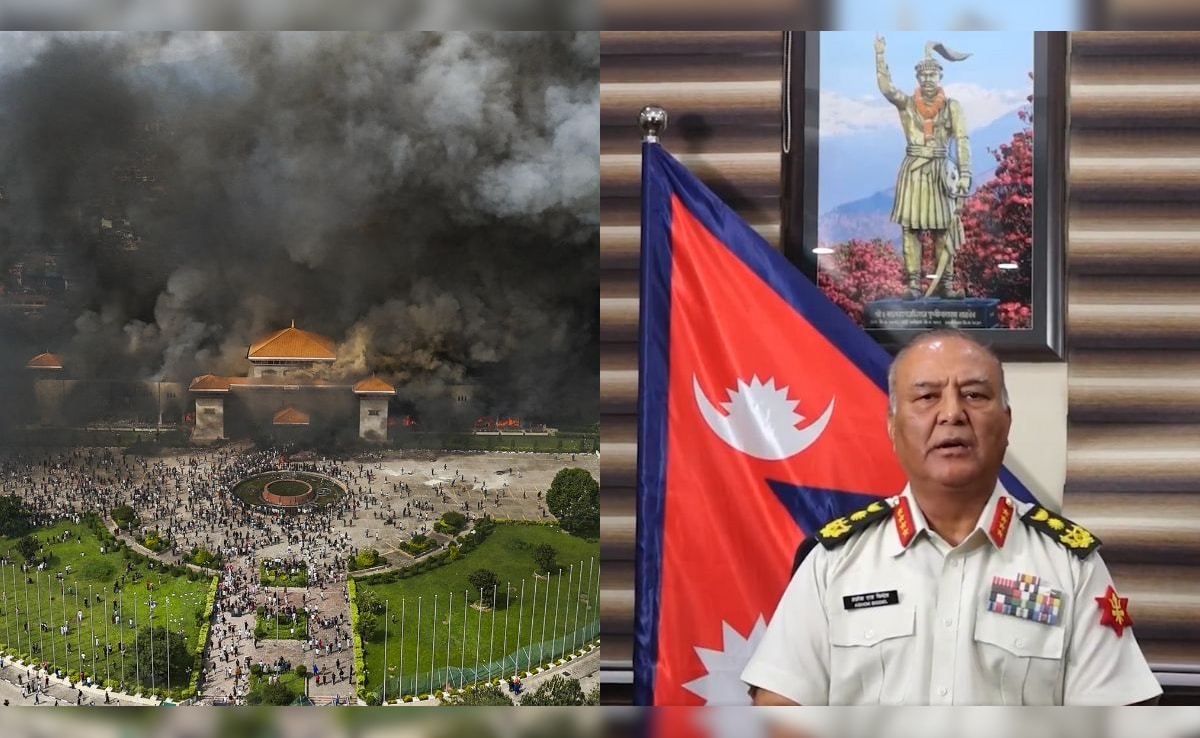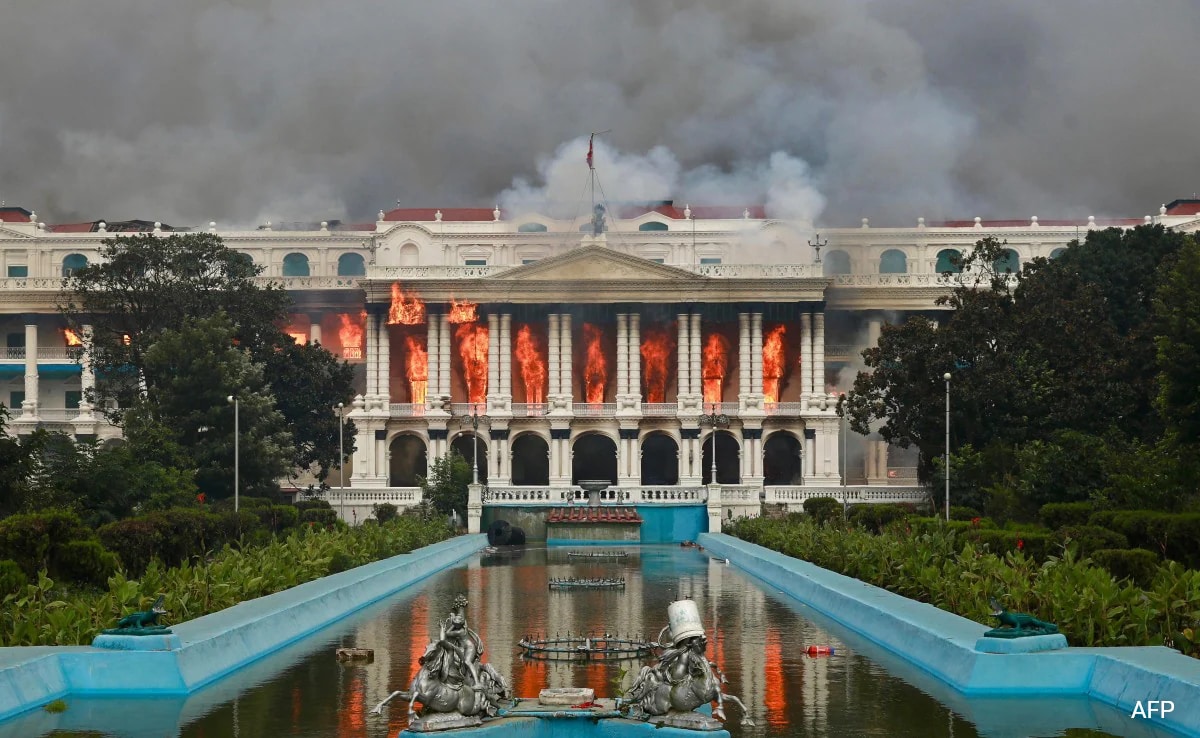A video posted on social media showed a speeding small army truck heading into the marchers from behind. Voices can be heard, saying: âThe car is coming ... Please help! It hit the children ... Oh! ... Dead! ... Run, ... run!â The video shows about a dozen people running from the spot.
A witness told The Associated Press that the protesters had been on his street for just two minutes when the military truck hit them, leaving three people without any sign of movement lying on the road.
âAbout five armed soldiers got out of the vehicle and chased after the protesters,â said the witness, who insisted on anonymity for fear of arrest. âThey opened fire and also arrested young people who had been hit by the car. At least 10 people were arrested.â
Security forces have previously used cars to attack protesters since the army took power. They have also freely used live ammunition, killing about 1,300 civilians, according to a detailed list compiled by the Assistance Association for Political Prisoners.
The use of lethal force by the army and police has led to less large-scale street protests, which have been replaced by small, quickly organized marches that usually break up at the first sight of the authorities.
Sundayâs deaths in Yangonâs Kyeemyindaing neighborhood could not be immediately confirmed.
Another witness said that when several people came to gather their items, three more military vehicles arrived and arrested several of them.
âAt least four people, including two young girls who were crying near the shoes, were arrested,â he said. âThe soldiers told us to go inside or they would shoot us.â
About 30 people took part in the march, according to a member of Yangon Peopleâs Strike, the local resistance group that organized it. Media posted online showed the protesters carrying placards with Suu Kyiâs image, and calling for the immediate release of the countryâs detained civilian leaders.
The organizer, who spoke on condition of anonymity because of the threat of arrest, said the group held such protests to keep the residents involved in the struggle against the military-installed government.
At the same time, militant urban guerrilla groups have attacked officials and planted bombs, while open armed conflict had engulfed rural areas, leading to a warning the country may slide into civil war.
Since she was detained by the military, Suu Kyi has faced charges from breaching coronavirus regulations to corruption. Theyâre seen as contrived in order to discredit her and justify the military takeover.
The army claims it acted because last Novemberâs election was marked by widespread electoral fraud. Independent observers of the polls, won by Suu Kyiâs National League for Democracy party, say have seen no evidence justifying the armyâs claim.
.png)











 English (United States) ·
English (United States) ·  Turkish (Turkey) ·
Turkish (Turkey) ·